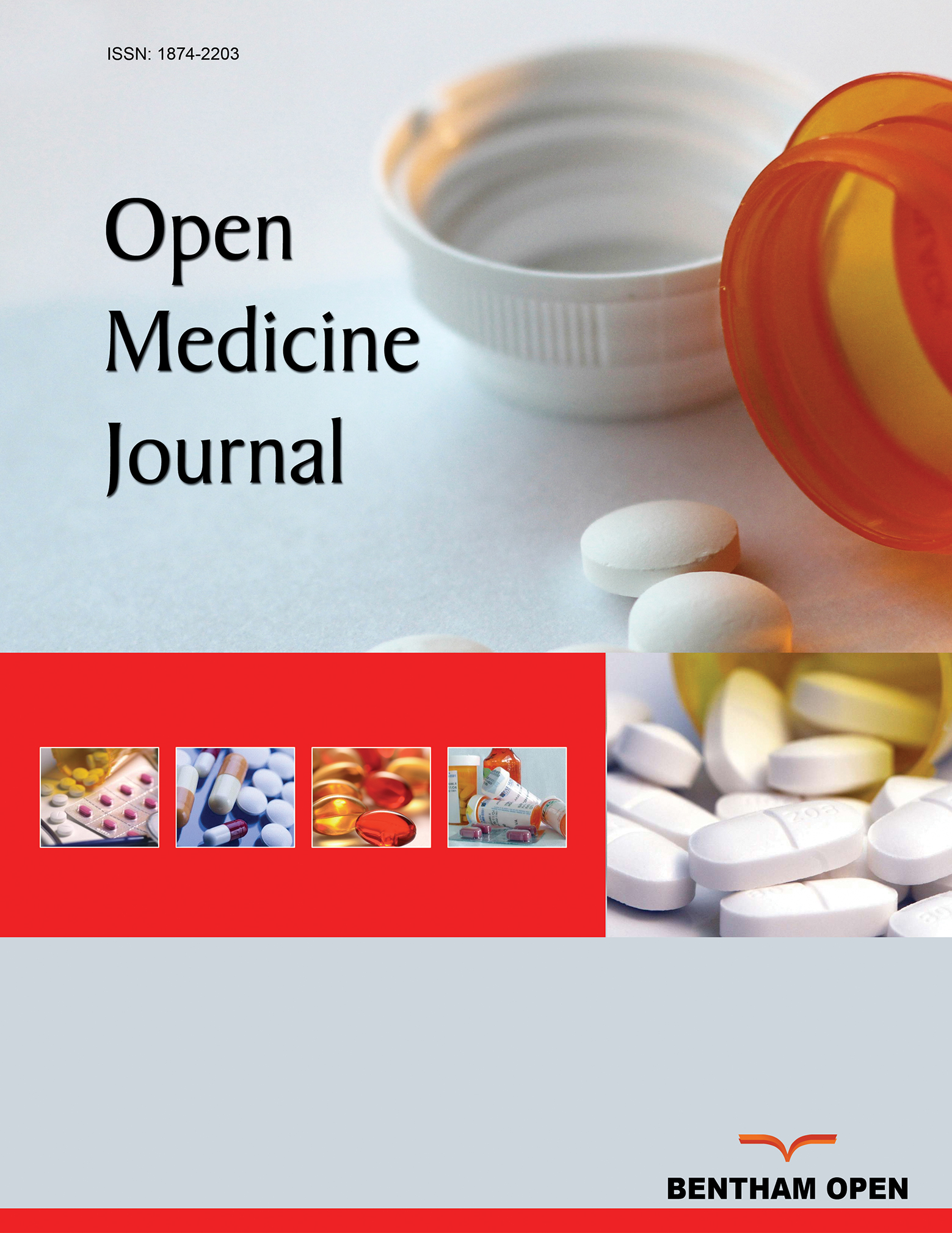Ethics in Quality Improvement with in Health Care - Focusing on the Improvement
Abstract
Background:
Health-care is permeated with ethical values and norms and so there are ethical implications to all interventions which changes practice, and this includes quality improvement (QI). The interest for ethics in QI so far has not had an explicit focus on the ethics of the actual improvement. Contrasting this with health technology assessment (HTA), we there find an almost exclusive interest in the ethics of the developed technology, and less regard for the other ethical aspects related to development, evaluation and implementation of the technology.
Method:
We identify how a research ethics perspective on QI differs from the ethics of the actual improvement or change. It will be argued that the field of ethics in QI can benefit from the development of ethics within HTA by raising awareness of the need to ethically assess the actual improvement or change, and by using models for this found within HTA. For an ethical analysis of quality improvement, elderly care in the Swedish context will be given as a tentative example.
Conclusion:
The existing frameworks for ethical assessment within HTA need further development for use within QI. In essence, the introduction of new technologies within health-care could be viewed as a quality improvement, where considerations generally acknowledged within QI are relevant to consider in relation to all potential technologies to be used within health-care.


